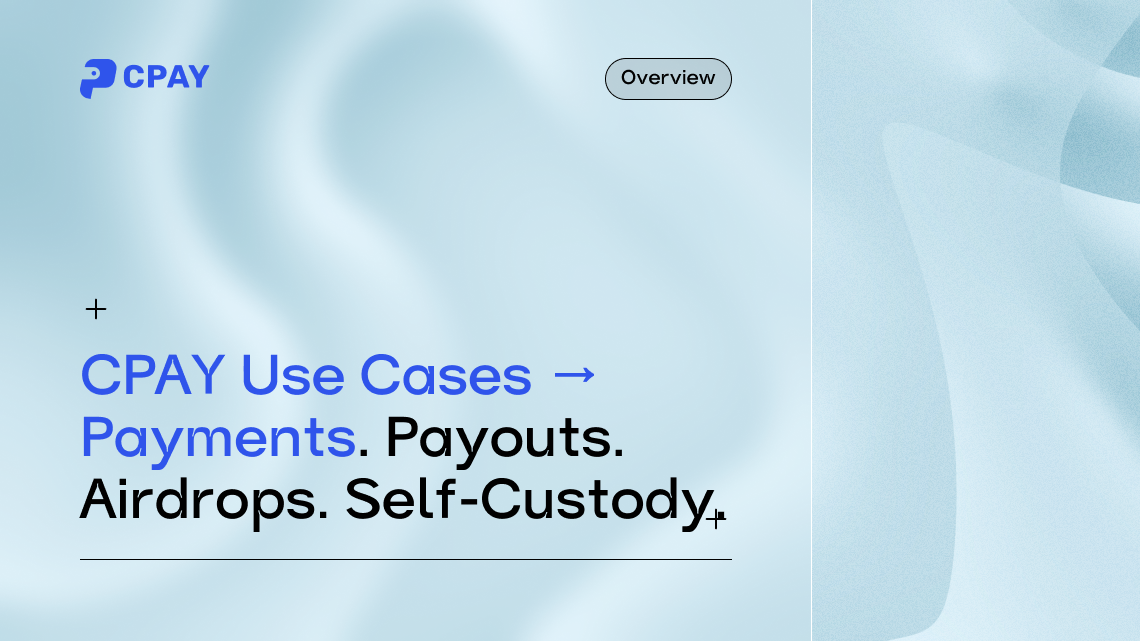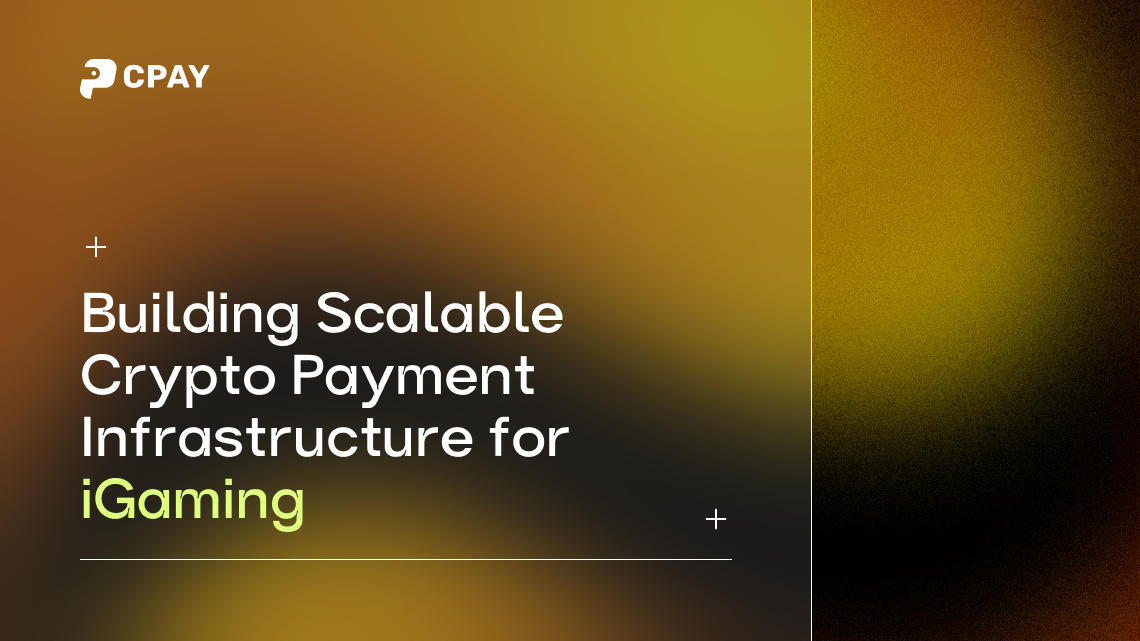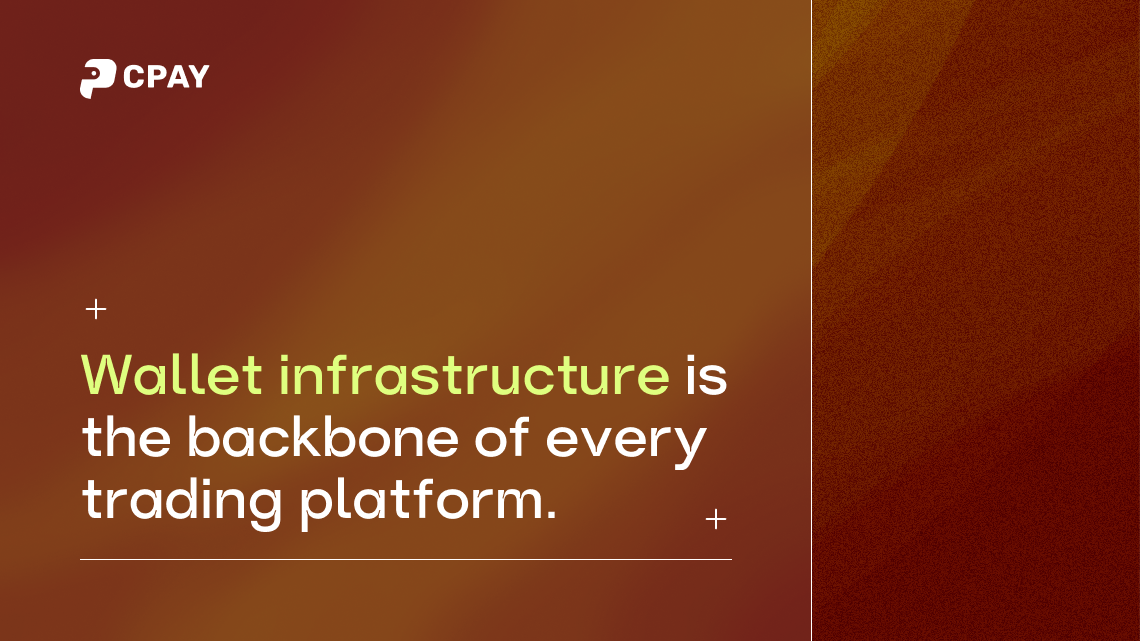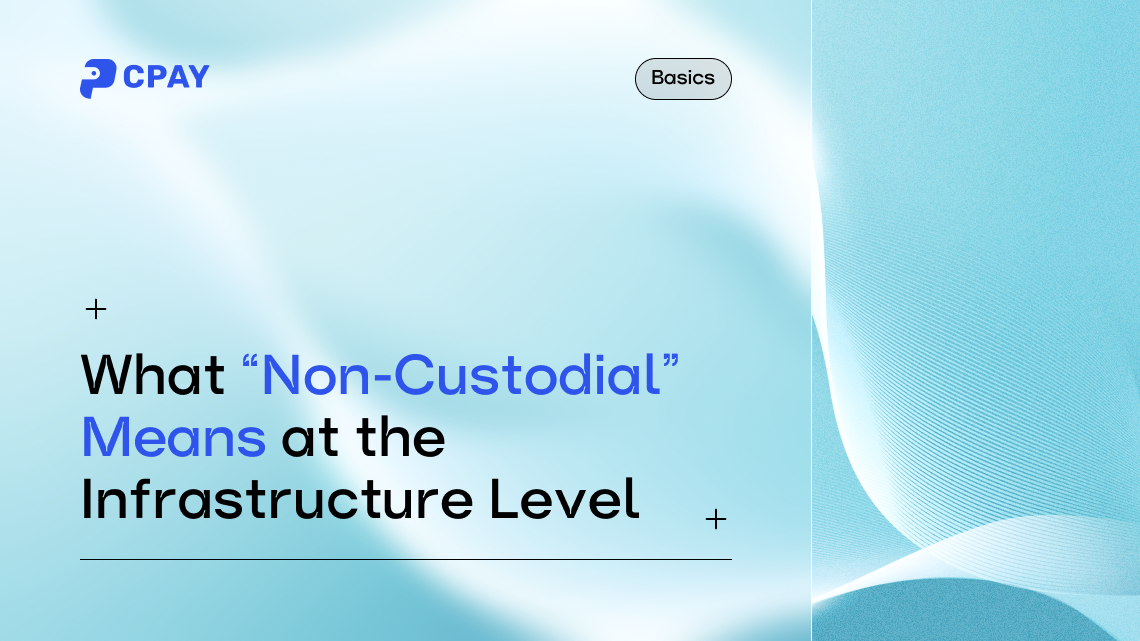In today’s crypto economy, businesses and projects need flexible, reliable, and secure tools - not just to hold digital assets, but to manage them, process payments, automate payouts, run airdrops, and give users full control over their funds. CPAY builds exactly this kind of ecosystem, where all these needs are covered.
Let’s explore the key use cases where CPAY brings value:
What is CPAY
CPAY is a decentralized infrastructure for crypto payments and crypto wallets. It’s designed to help businesses easily integrate payment solutions, wallets, and asset management into Web3 environments.

Use Case 1: Payments
What CPAY enables
- Crypto Payment Gateway to accept Bitcoin, Ethereum, USDT, and other assets
- Integration options: API, links, iframe, plugins
- Customizable Checkouts — branded payment pages with logos, design, and domains
- Transparent pricing — around 1% on incoming transactions
- Strong security: non-custodial wallet support, 2FA, encryption, automated signature checks
Real-world examples
- E-commerce, SaaS platforms, NFT marketplaces
- Charities, donation services, content creators
Use Case 2: Users’ Crypto Wallets & Self-Custody
Wallet features
- Multi-chain wallet with support for importing or creating multiple accounts
- Swap functionality between crypto assets directly inside the wallet
- Fiat on/off-ramps to buy crypto with cards or cash out to fiat (where supported)
- Zero CPAY fees on internal transfers between wallet users
Self-Custody
- CPAY wallets can be non-custodial, meaning the user holds their private keys.
- “Not your keys, not your coins” — funds are always under the user’s control, not stored by a third party.
Use Case 3: Payouts
What CPAY offers
- CPAY API for automated crypto payouts: rewards, affiliate commissions, bonuses, or salaries
- Mass payouts to hundreds or thousands of wallets at once
- Multi-chain flexibility to optimize for network speed and fees
- Callback support, transaction tracking, and blockchain confirmations
Examples
- GameFi projects paying player rewards
- Referral and affiliate programs
- Web3 platforms distributing incentives
Use Case 4: Airdrops / Multisend
CPAY Multisend
- Send tokens to thousands of wallets in one click using CSV upload
- Multi-chain support and custom token compatibility
- Fully self-custodial — CPAY never holds your funds
- Detailed reporting and transaction hashes for transparency
Use cases
- Token launches and community campaigns
- Rewards for testers, event participants, or DAO members
- Distribution of staking or governance tokens
Use Case 5: White-Label & Wallet-as-a-Service (WaaS)
Many companies don’t want to build infrastructure from scratch. CPAY solves this with:
- Wallet as a Service (WaaS): ready-to-integrate multi-chain wallet infrastructure (custodial or non-custodial) with APIs for customization
- White-label solutions: branded gateways and wallets with customizable UX/UI
Why CPAY
- Multi-chain coverage: 100+ EVM networks supported, with new tokens listed in 24h
- Transparent pricing: ~1% fee on incoming transactions
- Security: non-custodial options, encryption, 2FA, user-controlled private keys
- Integration flexibility: API, plugins, iframe, white-label
- Scalability: mass payouts, multisend airdrops, advanced reporting
Limitations to consider
- In non-custodial mode, users must store their own keys — losing a seed phrase means losing access
- Gas fees depend on blockchain network congestion (though CPAY allows chain choice)
- Businesses must comply with AML/KYC requirements; CPAY provides built-in tools
- Blockchain confirmation times may vary depending on the network
Conclusion
CPAY is not just a crypto payment processor — it’s a modular ecosystem covering all major use cases:
Accepting crypto payments globally
Multi-chain wallets with self-custody
Automated mass payouts
Scalable airdrops and multisend tools
White-label & WaaS solutions
Crypto payments are no longer “the future” — they’re already here. With CPAY, businesses can integrate them seamlessly, while users gain the freedom of true ownership.







